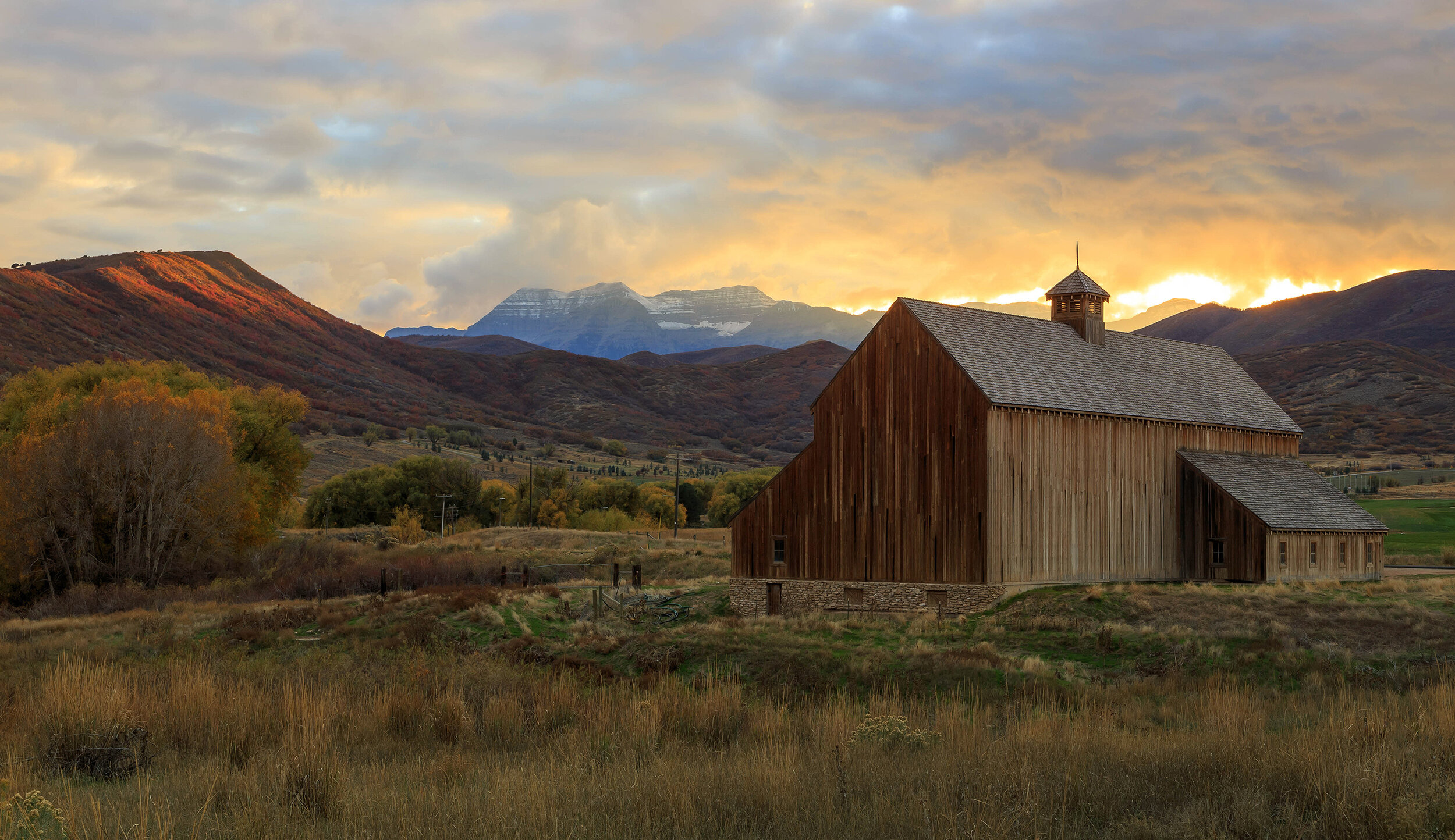
The Brown Barn
The Greater Renaissance
The Renaissance of old—spanning roughly from the 14th to the 17th centuries—flourished as thinkers, artists, and visionaries unearthed the sagacious insights of Greek philosophers and the spiritual heritage of Greek Christian Desert Fathers. This ancient wisdom was reinvigorated, sparking a monumental metamorphosis in culture, an epochal shift that bequeathed the Protestant Reformation, the Enlightenment's scientific revolutions, and the embryonic inklings of modern democracy. A transformative bridge, the Renaissance guided humanity from the Dark Ages’s shadowy abyss into the Modern Age’s luminous corridors. Intriguingly, the darkness of the Black Plague, which decimated nearly half of Europe's populace, served as the unlikely catalyst for this renaissance of spirit and intellect.
Now, at the cusp of a new era, we are witnessing the dawn of an even greater Renaissance, one even more luminous. A collective of entrepreneurs, artists, and philosophers are again revisiting ancient wisdom and forging a new synthesis with contemporary science. Their creative dynamism promises to usher in an unprecedented awakening of consciousness and well-being.
This impending Renaissance will revolutionize our relationship with technology, recalibrate our spiritual compass, and infuse unity into our fraying social fabric. Born from apprehensions of tangible calamities and from the existential vacuum—a widespread sense of aimlessness and despair—this impending Renaissance heralds a Golden Age marked by collective unity, abundant prosperity, and a renewed sense of purpose.
In this emergent paradigm, a triad of roles becomes indispensable. Artists disclose beauty; entrepreneurs identify opportunities; philosophers impart meaning. United, they form a bulwark against existential despair, rekindling the innate human yearning for transcendence.
Artists need entrepreneurs to transform their gifts into sustainable livelihoods, elevating them beyond the trope of the "starving artist." They also require philosophers to lend depth and purpose to their art, averting a descent into solipsism.
Entrepreneurs, in turn, seek inspiration from artists who mark the terrains of untapped opportunity. Philosophers offer the ethical framework, ensuring entrepreneurial ventures uplift society rather than exploit it.
Philosophers, too, depend on artists to invoke a transformative emotive response, a prerequisite for genuine engagement with the mysteries of existence. They rely on entrepreneurs to construct or reconstruct societal systems that nurture well-being, our modern analog for true holiness.
The Brown Barn serves as a lighthouse, a supportive scaffold offering wisdom, encouragement, financial stability, and camaraderie to these pioneers—brave souls with the fortitude to navigate the perilous waters of institutional inertia and resistance.
The time for a new Renaissance is not merely ripe but urgent. We crave the imaginative questions that plunge us into the enigmatic realms of existence and consciousness, far removed from the tedium of divisive ideologies and narrow-minded dogmas. We long for a cultural sea-change that exalts the eternal virtues of faith, hope, and love.
_________________________________
